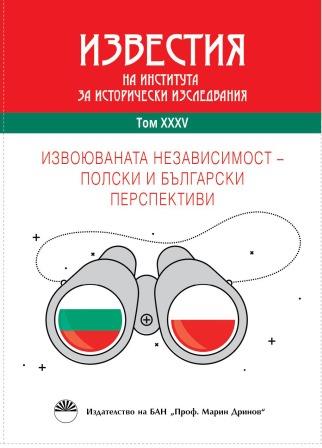Позициите на България и Полша по въпроса за ценообразуването в рамките на СИВ
The Positions of Bulgaria and Poland on Pricing within the COMECON
Author(s): Daniel VatchkovSubject(s): History, Economic history, Recent History (1900 till today), Post-War period (1950 - 1989), History of Communism
Published by: Институт за исторически изследвания - Българска академия на науките
Keywords: COMECON; pricing; disagreements; foreign trade relations;
Summary/Abstract: The article examines and analyzes the different positions of Bulgaria and Poland on the extremely important problem of pricing in foreign trade relations between the countries of the Council for Mutual Economic Assistance (COMECON). Ever since the mid-1950s, when it became possible to establish more normal trade contacts between the countries of the Eastern Bloc, Poland demanded that stricter pricing should be applied as a basis for price formation within the COMECON. As an industrialized country, Poland wished to benefit from the higher prices of manufactured goods on world markets. Just the opposite was Bulgaria’s position according to which intra-COMECON prices should take into account the various specifics of production in the socialist countries, i.e. that as a whole, they should not be determined by world prices. In most cases, Bulgaria received the support of Moscow on this issue, which was advantageous for Bulgarian exports, but in this way, it further distanced COMECON from the possibility of applying any market mechanisms in its activity.
Journal: Известия на Института за исторически изследвания
- Issue Year: 35/2020
- Issue No: 1
- Page Range: 168-173
- Page Count: 6
- Language: Bulgarian
- Content File-PDF

